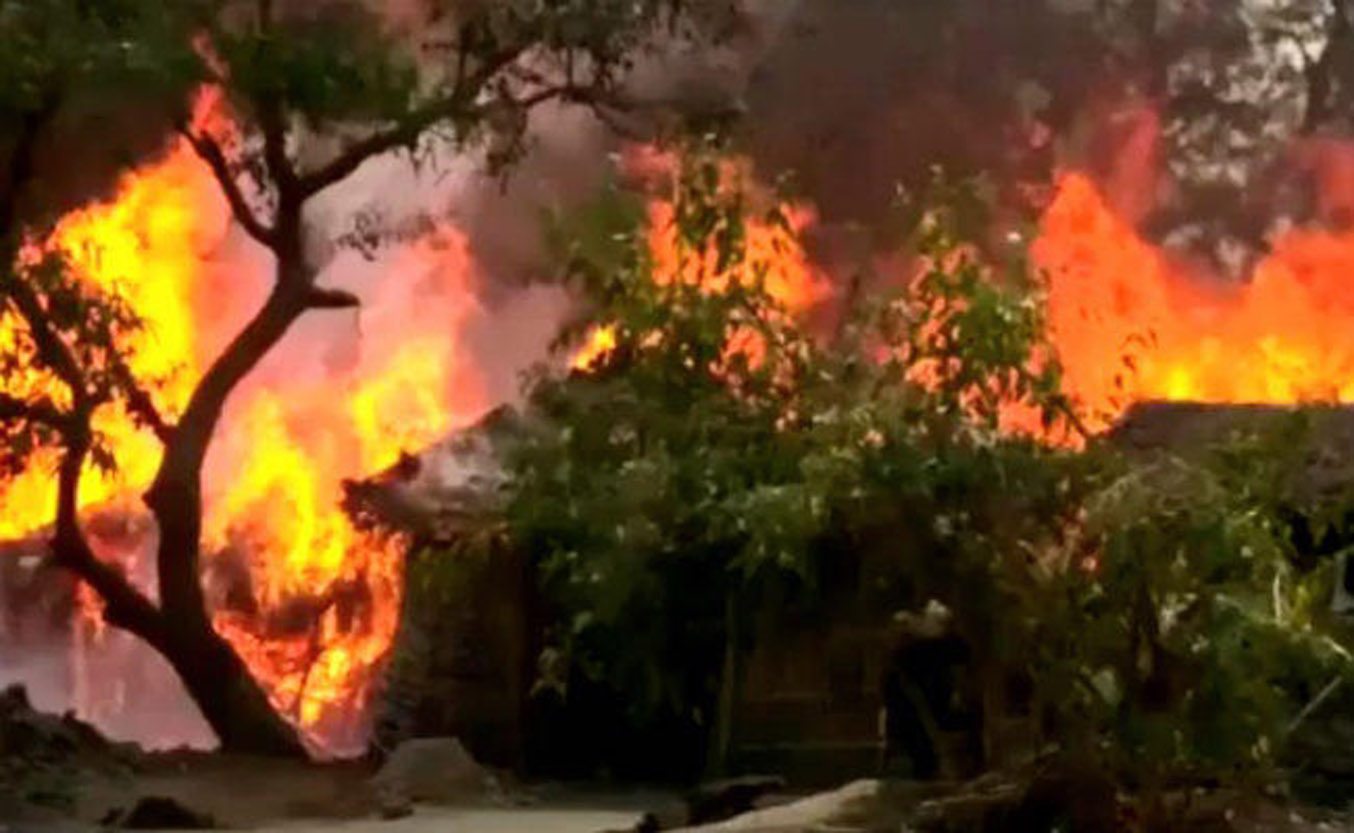All the perfumes of Arabia would not erase the stink of caste-based cruelty in India. Violence emanating from the desire for upper-caste dominance had never been completely vanquished in the country in spite of laws and the recompense offered by reservations. Now, with written and unwritten policies — actions, too — nudging society towards cruder forms of oppression of the less powerful, the stink is unbearable. A man in his early 20s was hacked to death last week in front of a clinic in Telangana where he had gone for a check-up of his pregnant wife. The murderer was allegedly hired by the wife’s father because she had married below her caste. The payments made to the assailant and, according to the police, two other mercenaries, ran into crores. This ‘honour’ killing — the honour being that of the girl’s family — exposes the deep sickness in the values of Indians who believe in caste. Neither money nor love for a daughter can matter when the question is of eliminating someone from a different, usually lower, caste; murder is then neither crime nor sin. Far from addressing this hideous disease at the core of Indian society, successive political dispensations have preyed on caste divisions for electoral gains. Such divisions have now been exacerbated by the increasing violence against Dalits by upper castes and the predominantly majoritarian, upper-caste composition of the ruling party and its ideological siblings.
Promises of inclusiveness by the ruling party ring hollow. This is laid bare by the hypocrisy at the centre of the prime minister’s celebrated Swachh Bharat programme. Its primary goal is to make India open defecation free, but its full rhetorical import makes cleanliness a moral as well as an environmental attribute. Such moral habits of seeing naturally fail to register the inhuman plight of manual scavengers. Their job is traditionally associated with particular castes, and it continues in spite of being legally banned. Only a few states will even admit to having manual scavengers. When they do, they refer only to people who clean dry latrines, leaving out the numberless men and women who enter septic tanks and sewage lines unprotected in toxic waste and gases, dying in yet inadequately recorded numbers. One such death in the same week that the young husband was murdered is a good indicator of the level of caste violence and indifference in India today. Cleaners of waste have traditionally been kept invisible; it is no surprise that the propagators of Swachh Bharat are blind to them.











